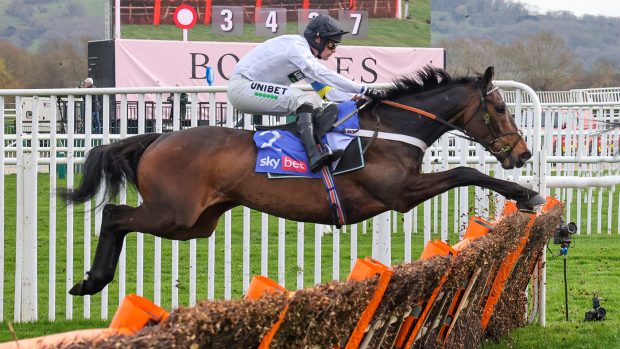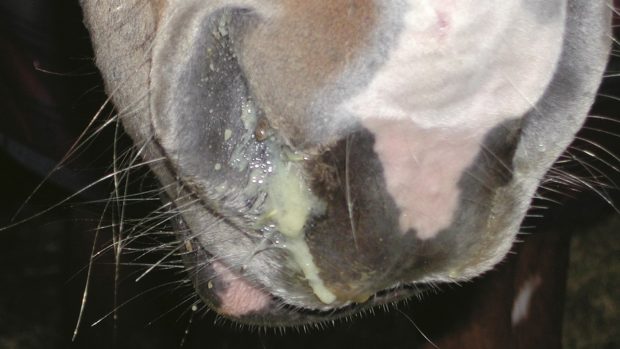How dehydration can affect riders, as well as horses
For those of you planning a competitive winter season, don’t just focus on your horse, devote some time to yourself.
Riders need to eat properly too, but the advice is conflicting. There are some similarities between horses and humans, and none more so than the effects of dehydration on performance.
Similar proportions of fluid loss have the same effect on man and horse: 2% impairs performance, 10% gives heat stroke and 15-20% is fatal.
Water is a major component of blood. For a 1% loss in weight through dehydration, you lose 2.5% of the volume of blood plasma.
The result is that you feel you are working as hard, but it¡s all for less effort, as your heart is working harder to push a reduced volume of blood round your body.
As blood carries oxygen and other nutrients to the muscles, and waste products from them, less blood means you willtire more quickly.
At competitions it¡s easy to go some time without drinking, particularly when competing on a number of horses, and this could affect your judgement.
With dehydration, your body keeps ahead of the game: a loss of 200ml of fluid triggers water-conservation activity and eventually stimulates thirst. But you¡ll be dehydrated before you feel thirsty, so keep up fluid intake throughout the day.
Drinking litres of water is not enough you need glucose and electrolytes, too. Your target is to consume 100-200ml of a drink that is 4-6% carbohydrate and 50-100mg/litre of sodium every 20min, eg isotonic drinks.
After water, you need to eat carbohydrates. Excess protein and fat end up as stored fat, sodon’t eat lots of steak.
For competitors, the daily diet should be about 60-70% carbohydrate to keep your own muscle glycogen stores up, eaten as a combination of complex carbohydrates and sugar.
You may have heard about Olympic rower MattPinsent eating Jelly Babies between his two world championship races to replenish his blood glucose levels between races. If he can do it, you can!




